Let Us Help You Get Started
Digital Display Advertising
We Help Small & Medium Businesses Develop Effective Digital Display Advertising Campaigns
Digital Display Advertising can be a useful tactic in some marketing strategies. It’s basically the process of getting your ads to show on the phones, laptops, PCs, and tablets of people who meet the criteria of your customer personas. But how do you know if it’s the best way to create new customers? Here are some of the most common methods to target your digital display advertising:
-
- Demographics
- Audience Re-Targeting
- Search Re-Targeting
- Geo-Fencing (Location Behavior)
- Past Purchasing Behavior
This list isn’t even exhaustive, despite it’s length. But each of these methods can be useful, often in combination, to avoid wasted advertising impressions. If you’re confused about digital display advertising or you’re just wondering if it can help you grow your business, we are happy to offer some insight. We offer a free initial marketing consultation. By helping us understand how you want to grow your business, we can help you decide if digital display advertising is right for you.
Use Layers of Targeting to Avoid Waste & Make Your Ads More Relevant to the People Who See Them
Begin with the end in mind. We often layer multiple targeting methods for best results.
For example, we often use questions like these to determine targeting layers:
Q: Are there locations visited that indicate someone is a potential customer?
A: This often includes places like competitor showrooms, restaurants similar to yours, nearby hotels, or even certain office buildings (location behavior can often be tracked to specific floors of high rises). We commonly use location behavior as an indicator for targeting.
Q: Is there past search behavior that indicates someone is “in market” for your product or service?
A: It’s common for people to begin a purchase with an on-line search. Being able to target your ads based on keywords and phrases can be helpful. We commonly use recent search behavior as an indicator for targeting.
Q: Is there past purchase behavior that indicates someone is a good prospect for your product or service?
A: This often is represented by categories. For example, if someone has purchased pet products in the past, it’s a strong indicator they have pets in the household. We commonly use past purchasing behavior as an indicator for targeting.
Q: Are past customers, and/or past visitors to the website important prospects for the future?
A: Whenever someone visits your website and doesn’t become an actionable lead (or make a purchase), that may be a strong indicator that they are “in market,” but not yet ready to make a buying decision. This is called re-targeting.
Q: How specific is the customer persona? Age? Gender? Location? Income? Home? Car?
A: For example, let’s say your best customer prospects are women 35-64 in a series of high-end zip codes who drive luxury import cars, are in the top 20% of household incomes, and live in homes valued at over $900,000. That target can be built quite easily.
These various qualifiers can be layered on top of each other to narrow in on your best prospects. And once you build the universe of your best prospects, you can then begin
Context is Meaningful to the Outcomes
Reach, simply because it’s available, doesn’t always translate to success. In our experience, reaching the right people with the right message has to happen in the right context — the correct time and place that allows your potential customer to engage. Ads that reach prospects when they can’t respond won’t get the desired levels of engagement.
Our unique Bullseye Marketing Method is designed to track the context where our best engagement comes, and make adjustments to the campaign to focus on the most successful days, times, and other aspects of context that prove to be important for success.
When properly organized, you can deploy test campaigns on multiple digital advertising platforms and track the results to know which combinations of messaging and platform get the best results.
Request A Free Initial Marketing Consultation

